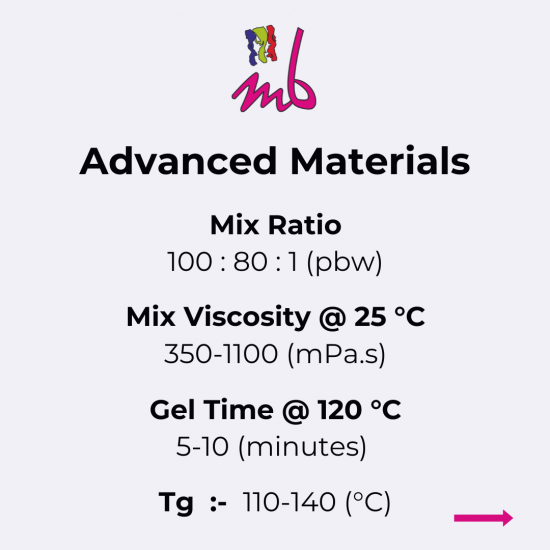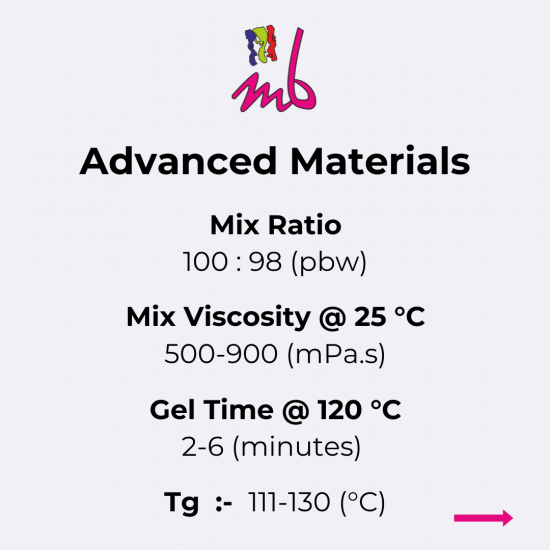FRP rebar/Composite rebar
The frp resin has been an excellent alternative to the traditional steel rebar in construction. GFRP rebar (Glass Fiber Reinforced Polymer) made with advanced resin technology has become an ideal choice in taking the place of the traditional steel in higher proportions. It is known to provide increased durability and cost-effectiveness, with a number of other advantages revolutionizing the entire construction processes.
The deep and widespread application of these composite materials depends heavily on leading epoxy resin manufacturers that have established a reputation for supplying high-quality raw materials toward fulfilling the needs and reliability of these solutions. Choosing resin frp material based composite rebar is in fact a matter of forward thinking choice and a commitment for longevity of infrastructure, savings in maintenance costs, and a giant leap toward sustainable construction practices.
Why Use Resin FRP Material for FRP Rebar and Composite Rebar?
Resin FRP rebar material provides some unique properties that optimize performance and durability, which distinguish it from standard steel or conventional FRP products. Synthetic resins, being mainly epoxy-based, form a coating around the frp rebar, shielding it from corrosion, UV degradation, and the wear caused by repetitive load-bearing. Hence, composite rebar with FRP resin serves perfectly for modern construction requirements.
This strong coating of frp resin material provides:
1. Enhanced Corrosion Resistance:
Resin FRP material for rebar, particularly rebar epoxy, is resistant to moisture, chemicals, as well as from harsh environments, whereas steel is corrosion-prone through time. Using resin-bonded FRP products on the infill of concrete constructions ensures no build-up of rust, resulting in more durable and long-lasting infrastructure.
2. Lightweight and High Strength:
Resin FRP material-reinforced FRP rebar is lighter than steel, yet gives equal or better strength. The combination of both presents tangible benefits in handling and installation. Contractors find it easier to transport and work with, reducing repetitive labor costs without losing the quality.
3. Thermal Stability and Compatibility:
Resin frp material has almost the same coefficient for thermal expansion as concrete, the risk of cracking due to temperature variation is lowered to acceptable limits. This compatibility indicates that it would be good for all projects that require temperature variation to maintain structural integrity.
4. Non-Conductive and Non-Magnetic Properties:
The non-conductive nature of frp products makes it suitable for sensitive structures where electromagnetic interference or conductivity could be hazardous. Such structures include MRI rooms, power stations, and other environments where there is a high activity involving electricity.
Key Benefits of Using Resin-Based FRP Rebar
The resin frp material integrated for frp rebar in construction projects creates numerous advantages due to certain properties that traditional steel or other frp products can hardly match: Some of these include:
- Durability and Longevity: FRP resin acts as a shield to physical wear and environmental conditions, extending the operational life of frp rebar.
- Low Maintenance: Corrosion-free qualities reduce maintenance expenses, as well as frequent replacements, which in turn saves time and resources.
- Sustainability: The resin frp material significantly reduces environmental degradation through lesser mining and processing of steel.
Resin-Based FRP Rebar Manufacturing Process
Manufacturing frp rebar involves several key stages, each ensuring that the final product achieves maximum durability and strength. Here’s an overview of the process:
1. Fiberglass Strand Saturation:
Continuous fiberglass strands are first saturated in a specialized frp resin solution along with a curing agent. At this stage, the frp resin shows complete impregnation inside the fiberglass creating “roving,” a fibrous strand saturated with frp resin, thus strengthening the FRP rebar.
2. Shaping and Curing:
The strands are shaped into bars of the desired diameter using forming dies and are finally cured inside a polymerization chamber, where the frp resin hardens under controlled temperatures.
3. Ribbed Surface Formation and Cooling:
A ribbed texture is woven onto the bars to increase bonding with concrete. The finished bars undergo cooling, cut to the required lengths, or wound into coils for ease of transport and storage.
Applications of Resin-Based FRP Rebar
Resin frp material is highly versatile and finds applications across numerous industries due to its adaptability, durability, and corrosion-resistant properties. Common uses include:
- Concrete Reinforcement: In bridges, buildings, and parking structures, where the resin-based frp rebar offers improved corrosion resistance compared to steel.
- Marine Infrastructure: Given its durability in saltwater, it’s commonly used in docks, seawalls, and piers.
- Structural Rehabilitation: Often applied to restore structural integrity in older buildings, resin-based frp rebar strengthens the load-carrying capacity without the need for major alterations.
- Tunnel Construction and Mining: In environments where moisture and chemicals are prevalent, such as underground tunnels and chemical processing plants, frp resin material maintains its resilience under high-stress conditions.
Advantages of Rebar Epoxy for FRP Rebar Applications
The use of rebar epoxy in frp rebar manufacturing has garnered attention due to its transformative impact on construction. Below are the specifications that make rebar epoxy-bonded frp products a game-changer:
- Superior Tensile Strength: This high-strength material withstands heavy loads, making it comparable or superior to steel in load-bearing applications.
- Enhanced Structural Stability: The flexibility of resin frp material allows for custom shaping and bending, meeting a variety of architectural needs without compromising durability.
- UV and Chemical Resistance: FRP coating provides resistance against chemicals, UV rays, and other harsh environmental degrading factors, which helps the structural integrity and appearance be maintained for a longer period.
Why Resin for FRP Rebar is the Future of Reinforcement Technology
As construction demands evolve, there’s a growing need for sustainable, high-performance frp materials company solutions that not only meet but exceed industry standards. Resin-based frp rebar fulfills these requirements by providing:
- High Strength-to-Weight Ratio: This lightweight yet strong material simplifies construction logistics and minimizes labor costs.
- Environmental Sustainability: Unlike steel production, which has a high carbon footprint, producing frp rebar with frp resin uses less energy and produces minimal waste.
- Extended Service Life: The durability of resin-based frp rebar minimizes replacement needs, contributing to long-term savings and less frequent structural maintenance.
Resin-Based FRP Rebar vs. Steel
In comparing resin for FRP rebar with steel, it’s evident that resin-based rebar offers numerous benefits that steel cannot, particularly in demanding environments. Here’s how they stack up:
Choose MB Enterprises for Resin-Based FRP Rebar Solutions
Incorporating resin frp material for frp rebar into your construction project is a strategic choice for a stronger, more resilient future. By selecting resin for frp products, you’re investing in longevity, sustainability, and innovative reinforcement technology. MB Enterprises, being one of the top epoxy resin manufacturers in India, offers a wide range of frp resin solutions tailored to meet the industry’s highest standards, ensuring you have access to the best materials for long-lasting construction.
-2462x2317.png)





